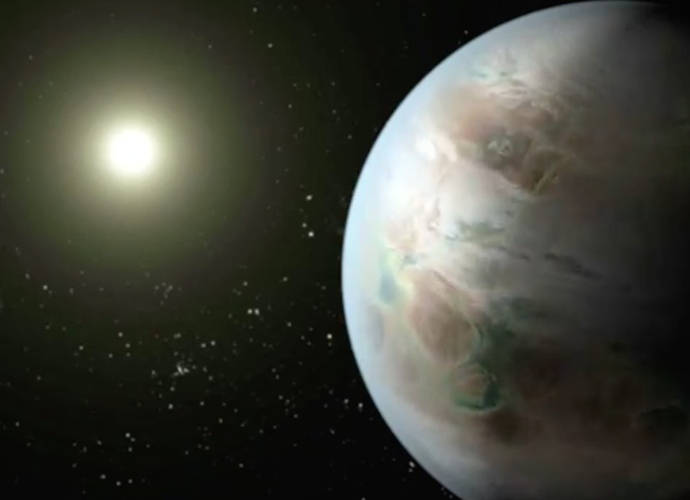Ross 128 B, A Potentially Hospitable Exoplanet, Discovered
Space is an incomprehensibly big place, housing many stars and planets mankind has yet to discover. However, one exoplanet, dubbed Ross 128 b, has gotten the attention of astronomers due to its habitable nature.
POTENTIALLY HOSPITABLE EXOPLANET ROSS 128 B DISCOVERED
A 13-page paper published in the journal Astronomy and Astrophysics on November 8 details the newly discovered exoplanet, which was located by a five-nation team.
Ross 128 b is the second closest exoplanet in its category to our solar system, only 11 light years away. Proxima b is the closest, but the red dwarf star orbiting around it, known as Proxima Centauri, often emits harmful radiation that isn’t conducive to life. Although the star Ross 128 b circles, known simply as Ross 128, isn’t dissimilar to Proxima Centauri, it emits bursts of radiation less frequently, potentially making Ross a livable planet. Ross 128 b is roughly 1.35 times the size of our planet, and it cycles across its red dwarf once per every 9.9 days.
Nicola Astudillo-Defru, one of the co-discoverers of the exoplanet, is excited over the potential of life. She tells BBC News how they “still need to know what the atmosphere of Ross 128 b is like. Depending on its composition and the reflectivity of its clouds, the exoplanet may be life friendly with liquid water as the Earth, or sterile like Venus.” Although Ross 128’s bouts of X-ray and ultraviolet radiation may not be as dangerous as Proxima Centauri’s, it doesn’t mean that Ross 128 b has a hospitable atmosphere.
Ross 128 b isn’t the only planet found under these circumstances, but it will be the focus of more research. Regardless, the prospect of finding other planets housing lifeforms is a thrilling one. Mankind’s capacity to find fellow lifeforms grows increasingly more sophisticated, so if other beings are hiding throughout the universe, it seems more and more likely that we may find them.
RELATED ARTICLES
Get the most-revealing celebrity conversations with the uInterview podcast!









Leave a comment